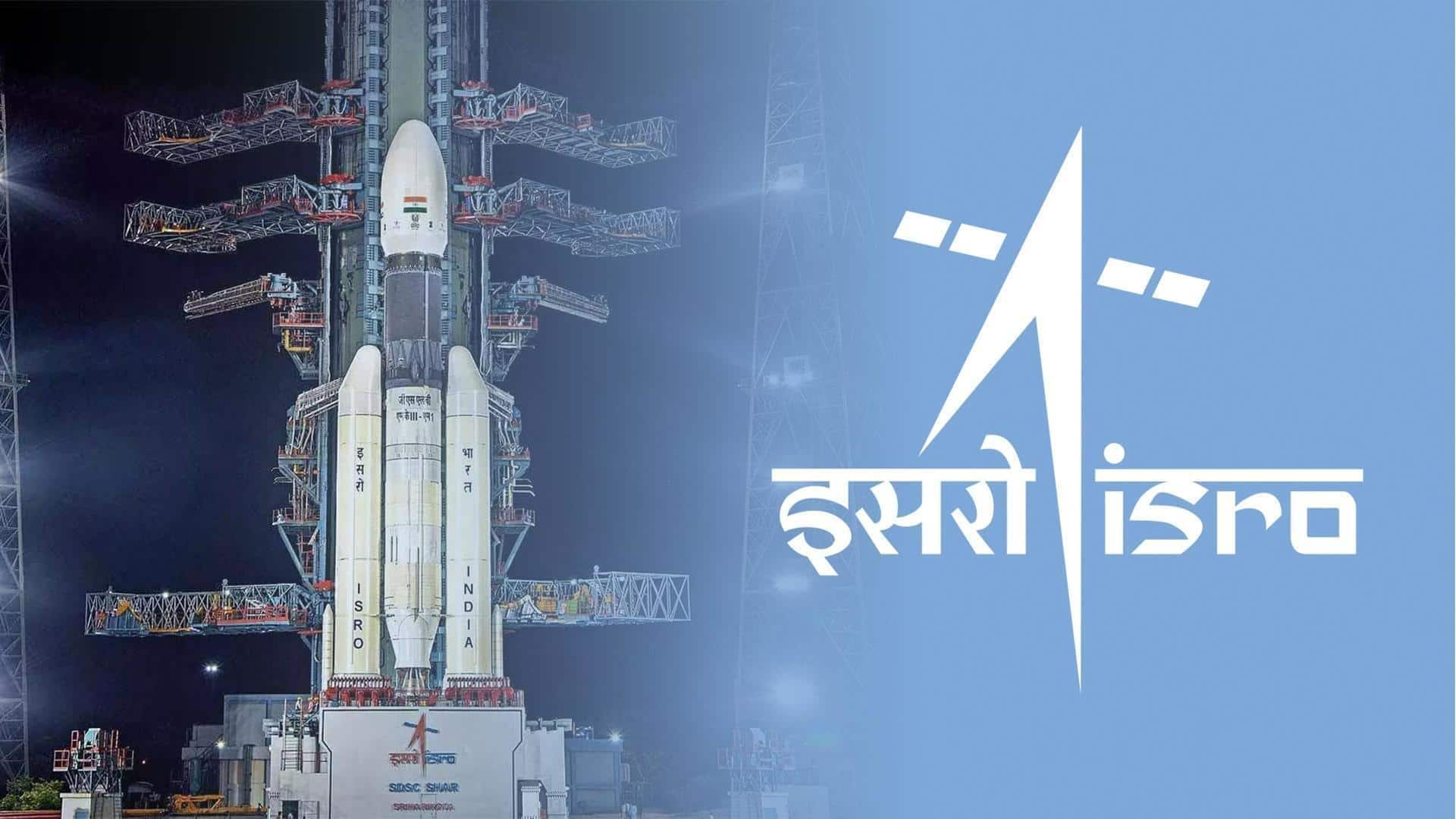
ISRO to launch Europe's Proba-3 mission today: How to watch
What's the story
The Indian Space Research Organisation (ISRO) will launch the European Space Agency's (ESA) Proba-3 mission today. The landmark space research event will be held at ISRO's spaceport in Sriharikota, Andhra Pradesh. It will lift off at 4:08pm IST from the spaceport's first launch pad. You can watch the event live starting 3:30pm via ISRO Official account on YouTube. The mission aims to improve our understanding of solar phenomena and space weather conditions.
Launch details
ISRO's PSLV to carry ESA's Proba-3 mission
The Proba-3 mission will be launched aboard ISRO's workhorse Polar Satellite Launch Vehicle (PSLV). This will be PSLV's 61st mission and 26th of its kind using the PSLV-XL variant. The rocket, which is 44.5 meters tall, will place the Proba-3 satellites into their intended orbit some 18 minutes after liftoff.
Partnership
Proba-3 mission: A collaborative effort
The Proba-3 mission is a joint project of ESA and NewSpace India Limited (NSIL), ISRO's commercial arm. The mission involves two satellites, the Occulter Satellite (OSC) and the Coronagraph Satellite (CSC). The OSC carries a 1.4-meter occulting disk to block sunlight, while the CSC carries a telescope for observation. This collaboration highlights the growing significance of international partnerships in furthering space research and technology.
Mission objectives
Proba-3 mission's innovative approach to solar research
The Proba-3 mission promises to deliver unprecedented data on the Sun and space weather. The two satellites will fly in close formation, with only 150 meters between them. This unique technique enables the Occulter spacecraft to observe the Sun's corona or outer atmosphere with the Coronagraph. The mission also hopes to demonstrate precision formation flying technology, a critical component for future space exploration missions.
Scientific impact
Proba-3 mission to enhance understanding of space weather
The Proba-3 mission is expected to greatly enhance our understanding of space weather events, which can interfere with satellite communications, GPS systems, and Earth's power grids. These events are mainly triggered by the Sun's corona, an area much hotter than the Sun's surface. The satellites will offer critical scientific insights into these solar processes.